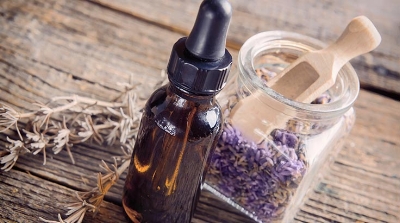Q: I find myself constantly snapping at my family members, and no matter how many times I tell myself I will do better, I can’t seem to get a handle on it. What can I do to help my moodiness?
A: If you get moody sometimes, then you are completely normal. Both men and women get moody, but it is true that women tend to be moodier then men. Women experience things deeply in their hearts which makes us more vulnerable to getting mad, sad, frustrated, agitated, irritated and grumpy. Do these emotions also have a positive side? You bet! If you are angry, it can push you to make changes that need to be made. If you are frustrated, it is a sign that there is something that needs to be fixed or adjusted. If you are sad, although it feels bad at the moment, it gives you the ability to sympathize with someone else experiencing sadness. In my book, MOODTOPIA, I discuss the positive aspects of our moods and I give tools to allow a person to “be in control of your moods, so your moods do not control you”.
One of the tools I discuss in MOODTOPIA is the use of herbs to help you handle life’s typical stressors.
Herbs have been used for thousands of years—and they are safe, easy to use and inexpensive. Herbs come either in a tea, capsule, or tincture form. I feel that taking the herb in a tincture (or liquid) is the easiest and most effective for women who are juggling both work and home life. Tincture form means that herbs have been soaked in grain alcohol for 6 to 8 weeks, then strained and bottled in dark amber bottles. My favorite herbal tinctures are from the company Herbalist and Alchemist, which have a reliable hechsher.
The following is a list of some of my favorite herbs for moodiness. These herbs can be taken separately, or you can experiment by mixing a few of them together in the same cup. The usual dosage is 25-35 drops, taken three times daily, diluted in some water or grape juice:
Bacopa – alleviates brain fog and also helps with nervousness.
Blue Vervain – helps with panic and agitation.
Holy Basil – is useful for mental fog, menopausal anxiety, and depression.
Lavender – helps if you feel stuck in your sadness. Lavender, taken over a few weeks, can help lift your spirits and get you out of your funk.
Mimosa Bark – can bring joy to your heart and make you feel happier. This herb is does not make you feel ‘high’—it just helps you discover the joy in your life, so that you do not wallow in sadness.
Motherwort – helps with hormonal moodiness. When you feel that no matter what happens, you will remain moody and grumpy, then this is the herb for you.
Passion Flower – can be a life saver on sleepless nights.
Rose – can make you feel overall contentment and happiness.
Rhodiola – is for a person who has worked too hard and just feels burned out.
St. John’s Wort – will not help everyone with depression, but it does come to the rescue of those who feel physical pain when they’re sad.
Skullcap – helps with nervous agitation. If you feel easily agitated, have butterflies in your stomach or feel generally nervous, then this is the herb for you.
Valerian – can be lifesaving if you feel dark and sad.
Herbs will not change the challenges we have in our lives—taking herbs will not make our husband take out the garbage, convince a child to clean his room, or encourage a teenager to have good manners—but they will help us control our responses to these normal daily challenges and keep us calm!











